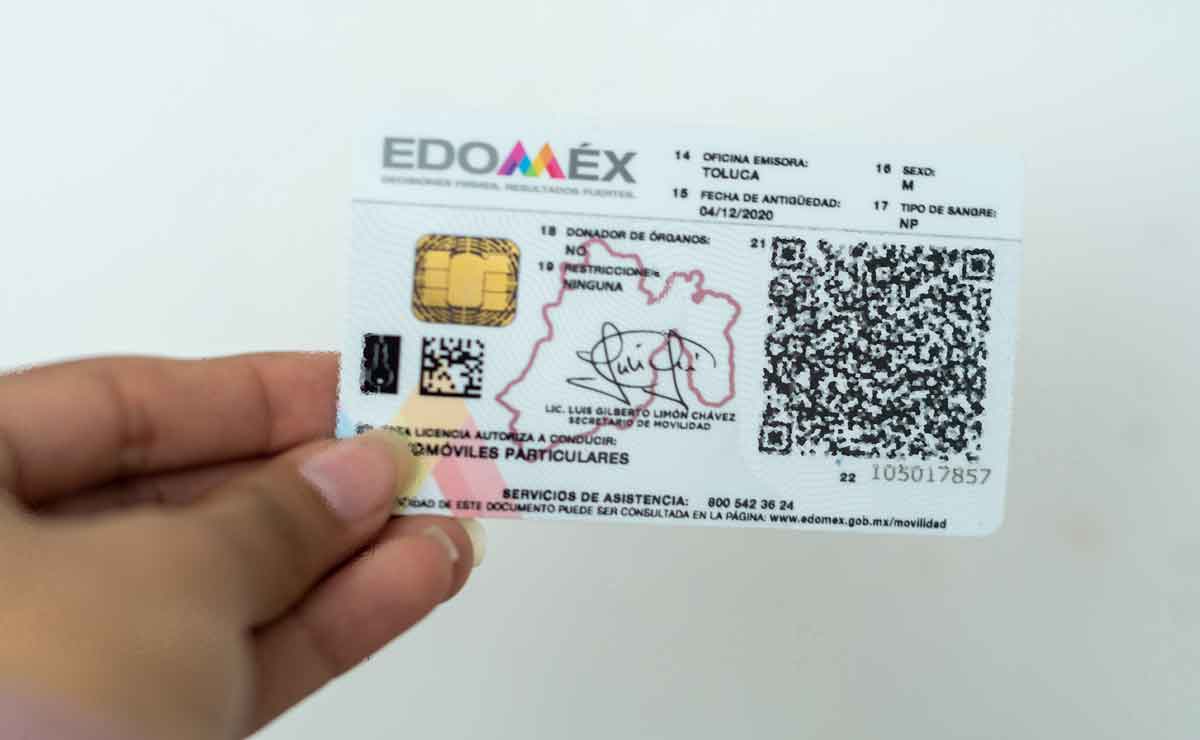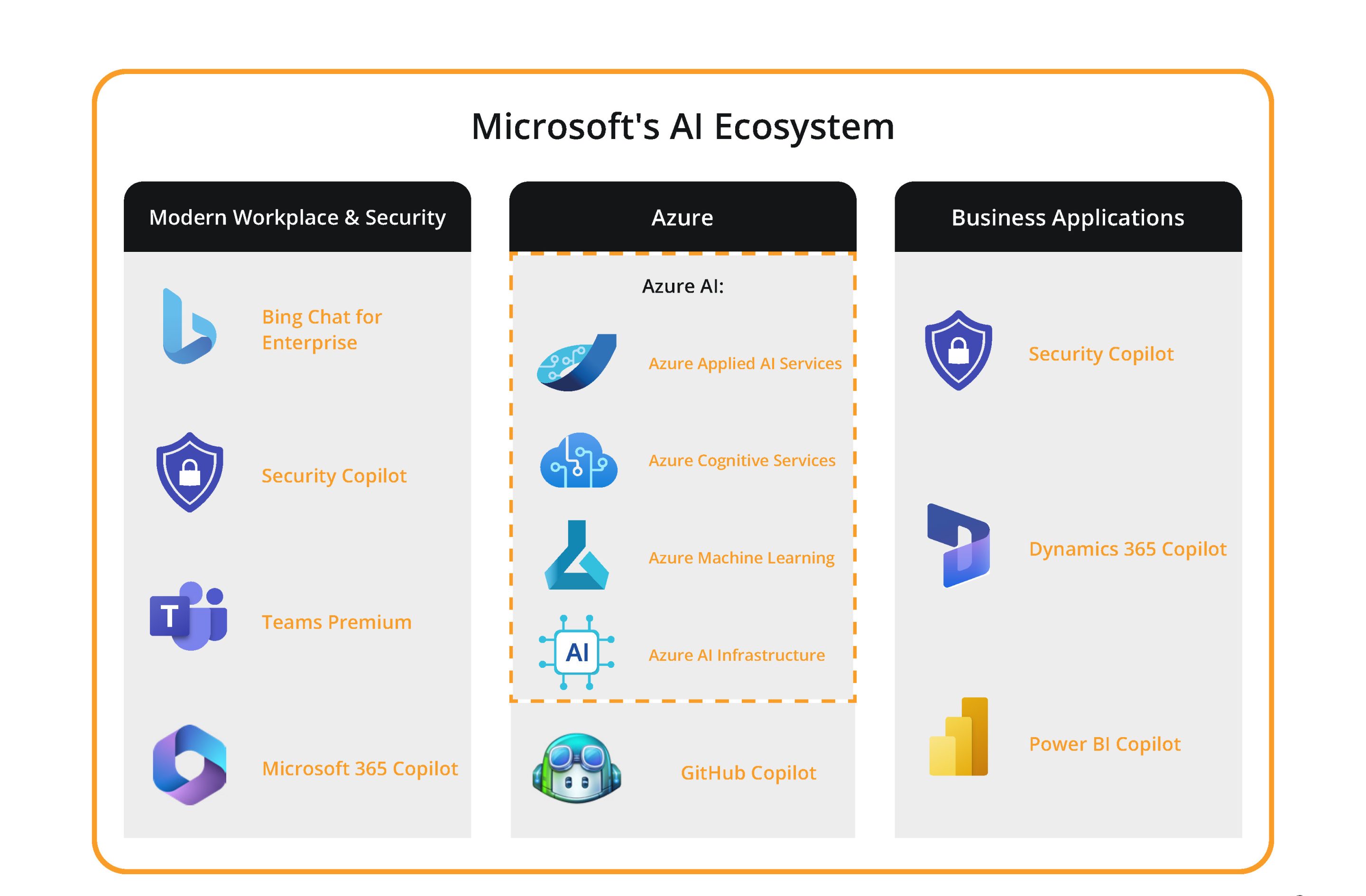OpenAI Facing FTC Probe: Analysis Of ChatGPT's Regulatory Challenges

Table of Contents
The FTC's Concerns Regarding ChatGPT and Data Privacy
The FTC's investigation into OpenAI centers heavily on potential violations of consumer privacy laws. The concerns revolve around how ChatGPT collects, uses, and protects user data, raising significant questions about its compliance with existing regulations.
- Unfair data collection practices: The FTC is likely examining whether OpenAI's data collection methods are transparent and fair, particularly regarding the extent and purpose of data gathering. This includes scrutinizing whether users are fully informed about what data is collected and how it's utilized.
- Insufficient transparency regarding data usage: A key concern is the lack of transparency around how user data informs ChatGPT's training and operation. The lack of clear explanations regarding data usage raises questions about informed consent and potential misuse.
- Potential risks of biased or discriminatory outputs: The data used to train ChatGPT might reflect existing societal biases, leading to discriminatory or unfair outputs. The FTC's investigation likely explores whether OpenAI has taken sufficient steps to mitigate these risks.
- Lack of robust security measures to protect user data: The FTC is likely reviewing OpenAI's security protocols to determine if they adequately protect user data from unauthorized access, breaches, or misuse. Data breaches could have significant consequences for users and OpenAI's reputation.
- Compliance with COPPA (Children's Online Privacy Protection Act) concerns: The use of ChatGPT by children raises concerns about compliance with COPPA, which mandates specific safeguards for children's online data. OpenAI's compliance with these regulations is under scrutiny.
These concerns have significant implications for OpenAI's future. Failure to address them adequately could lead to substantial fines, legal action, and damage to its reputation. Furthermore, compliance with international regulations like GDPR (General Data Protection Regulation) in Europe is also critical for OpenAI's continued global operation.
ChatGPT's Potential for Misinformation and Bias
ChatGPT's ability to generate human-quality text raises concerns about its potential for disseminating misinformation and biased content. The technology's capacity to convincingly mimic human writing makes it a powerful tool for both beneficial and harmful purposes.
- Examples of biased outputs and their societal impact: Instances of ChatGPT generating biased or prejudiced statements, reflecting societal biases embedded in its training data, have been documented. The societal impact of such outputs can be significant, potentially reinforcing harmful stereotypes and inequalities.
- The difficulty in mitigating bias in large language models: Completely eliminating bias from large language models like ChatGPT is a significant challenge. The sheer volume of data used in training makes identifying and correcting all biases incredibly complex.
- The role of human oversight in moderating ChatGPT's output: Human oversight and moderation are crucial in minimizing the spread of misinformation and harmful content generated by ChatGPT. This requires significant investment in human resources and effective moderation strategies.
- The need for transparent algorithms and explainable AI (XAI): Understanding how ChatGPT arrives at its outputs is crucial for identifying and addressing bias and misinformation. Transparent algorithms and explainable AI are critical for building trust and accountability.
- The spread of misinformation and "deepfakes" generated by similar technologies: ChatGPT's capabilities raise concerns about the potential for generating and disseminating "deepfakes" and other forms of sophisticated misinformation, posing significant risks to individuals and society.
Regulatory solutions to address these concerns include the development of robust content moderation policies, investment in independent fact-checking mechanisms, and the promotion of media literacy to help users critically evaluate information generated by AI.
The Challenges of Regulating AI Innovation
Regulating AI technologies like ChatGPT presents unique challenges due to their rapid pace of development and evolving capabilities. Creating effective regulations requires careful consideration of several factors.
- The need for flexible and adaptable regulatory frameworks: AI technology is rapidly evolving, necessitating regulatory frameworks that are flexible and adaptable to accommodate future advancements and potential risks. Rigid regulations risk stifling innovation.
- The balance between innovation and consumer protection: Finding the right balance between encouraging innovation and protecting consumers from potential harms is paramount. Overly stringent regulations could stifle innovation, while inadequate regulations could expose users to significant risks.
- International cooperation in regulating AI: The global nature of AI development necessitates international cooperation to establish consistent and effective regulations. A fragmented regulatory landscape could create significant challenges for AI companies operating across multiple jurisdictions.
- The potential for overregulation stifling innovation: Excessive regulation could stifle innovation and hinder the development of potentially beneficial AI technologies. A balanced approach is needed to avoid stifling progress while addressing legitimate concerns.
- The ongoing debate around AI safety and ethical considerations: The ethical implications of AI technology remain a subject of ongoing debate, highlighting the need for careful consideration of AI's potential societal impact.
The Future of ChatGPT Regulation
The outcome of the FTC investigation into OpenAI could range from substantial fines and consent decrees to mandated changes in OpenAI's data handling practices and content moderation strategies. The investigation's results will significantly influence the regulatory landscape for AI, setting precedents for other companies developing similar technologies. The broader implications extend to the entire AI industry, potentially shaping the development of future regulatory frameworks for AI globally. This will ultimately influence how AI is developed and deployed, impacting both industry and society.
Conclusion
The FTC's investigation into OpenAI and ChatGPT highlights the critical need for robust ChatGPT regulations. The concerns regarding data privacy, misinformation, and the inherent challenges of regulating rapid innovation demand careful consideration and proactive solutions. Moving forward, a balanced approach that encourages innovation while safeguarding consumers and society is paramount. The future development and adoption of ChatGPT and similar LLMs will heavily depend on navigating these ChatGPT regulations effectively. Understanding the complexities of ChatGPT regulations is crucial for both developers and users of this powerful technology. Stay informed about the evolving landscape of AI regulations to ensure responsible and ethical AI development.

Featured Posts
-
 Danh Gia Rui Ro Truoc Khi Gop Von Vao Doanh Nghiep
Apr 30, 2025
Danh Gia Rui Ro Truoc Khi Gop Von Vao Doanh Nghiep
Apr 30, 2025 -
 Boxeo En Edomex Reserva Tu Lugar Solo 3 Dias
Apr 30, 2025
Boxeo En Edomex Reserva Tu Lugar Solo 3 Dias
Apr 30, 2025 -
 Document Officiel Vusion Group Amf Cp 2025 E1027277 24 03 2025
Apr 30, 2025
Document Officiel Vusion Group Amf Cp 2025 E1027277 24 03 2025
Apr 30, 2025 -
 Schneider Electrics Ai Ecosystem Driving Innovation And Partnership
Apr 30, 2025
Schneider Electrics Ai Ecosystem Driving Innovation And Partnership
Apr 30, 2025 -
 Oltre Il Danno La Beffa Becciu Condannato Al Risarcimento
Apr 30, 2025
Oltre Il Danno La Beffa Becciu Condannato Al Risarcimento
Apr 30, 2025
